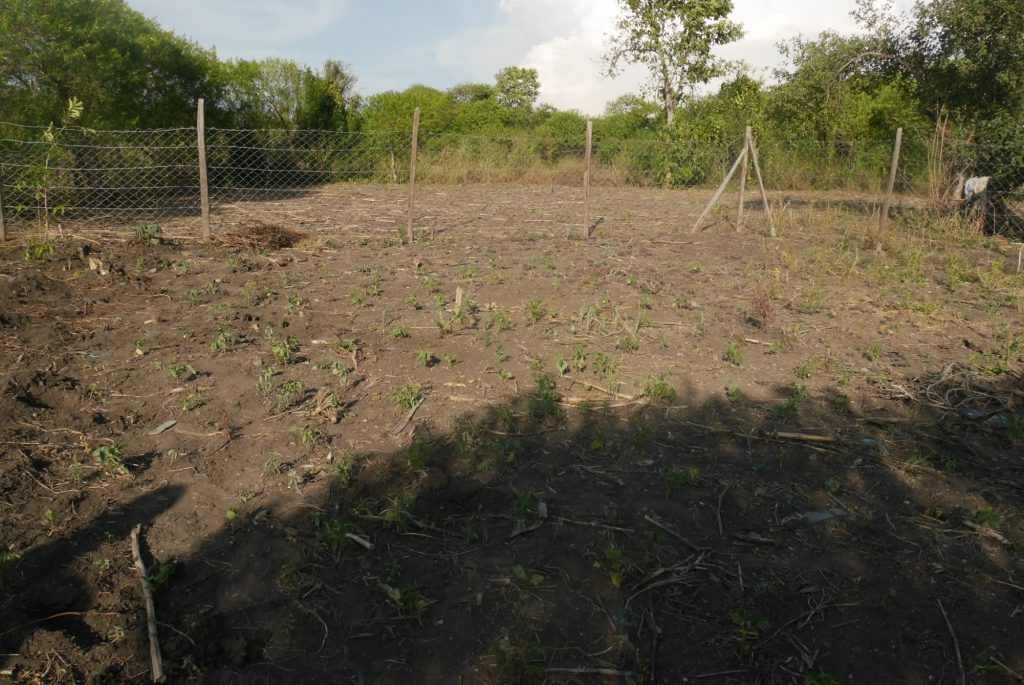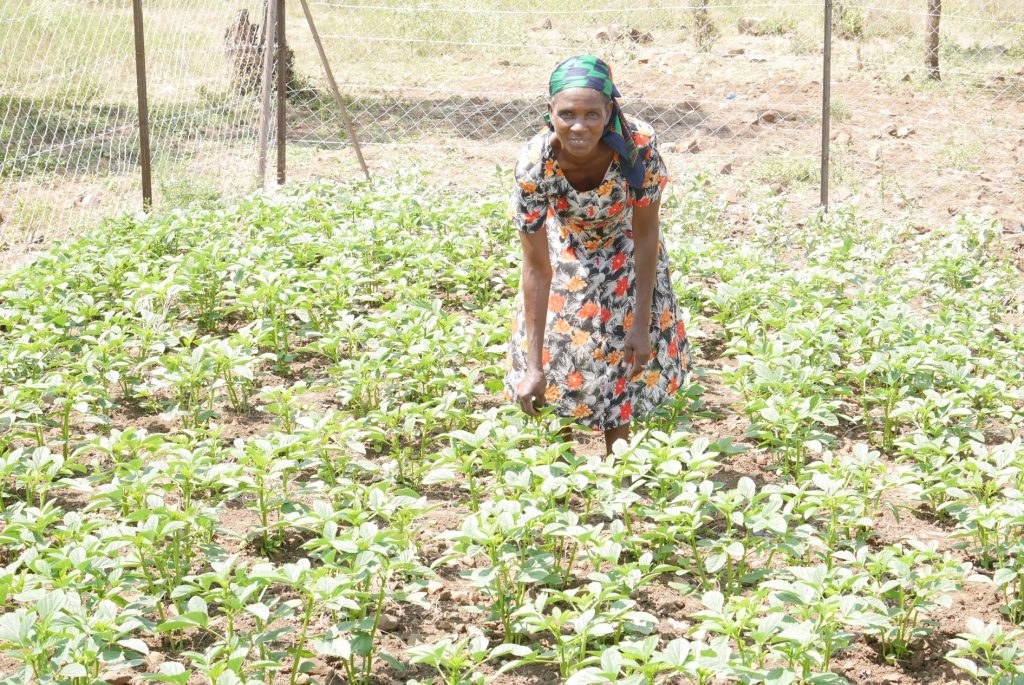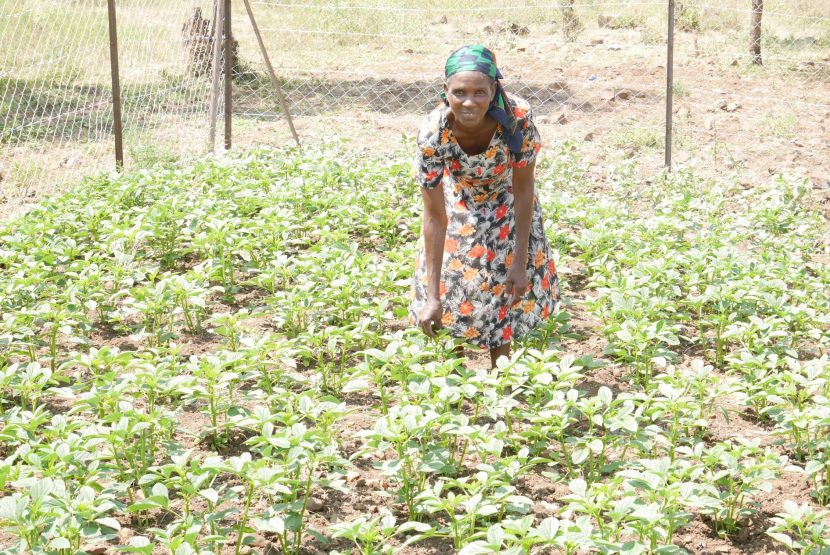現在挑戦中のクラウドファンディングでは、農業支援のプロジェクトへの応援をお願いしています。
そこで今回は、活動地で生活する人たちの家計や生活の状況を知っていただくことで
「なぜ農業支援が必要なのか」をお伝え出来たらと思います。

まず、2016年に活動地であるケニアのホマベイ郡ビタのゲンベ地域で行った調査をご紹介すると、
初等教育学校に通う子どもがいる家庭の平均月収は、日本円で約3200円(2878ケニアシリング)でした。
また、農業から収入を得ていたのは全99家庭のうち15家庭で、
その金額も約800ケニアシリングと、月収の28%に止まりました。
農作物の生産量が少ないと、
– 食糧を確保が難しい
– 農業による収入が少なく、かつ食糧のために支出する必要がある
という問題を引き起こします。
充分な食事を取ることができず子どもたちの栄養状態が悪化すると、
感染症にかかりやすくなるなど健康を脅かすことに加えて
将来の教育や収入のレベルにも影響があるという報告もあります。
HIV陽性の人たちは、食事が十分にとれないときに
エイズ治療薬の服用を中断するケースも少なくないため、
薬に耐性のあるウイルスが作られやすくなるというリスクがあります。
また、農作物の生産が少ないと農業による収入が少なくなる一方で食糧を買う必要が出てくるので、
旱魃や環境変化で農作物の価格が高騰すると、日々の食べ物を買うことも難しくなります。
実際に、ゲンベ地域で行った調査では
「過去6か月間に家計が苦しく基礎支出ができなかった」ことが
「よくあった」と回答した人は55.6%に上り、
ホマベイ群内の他の地域の29.6%に比べると多いという結果が出ました。
さらに、学費の未払いによって「学校から通学を拒否された子どもがいる家庭」は
一時的に通学できなかったケースも含めて、96.0%にもなりました。
このように家計の状況が厳しく食糧を買ったり、子どもの教育費を支払ったりすることが難しい状況で、
研修と必要な道具の提供をすることで、自立して農業を行い、家計と健康の改善を実現します。

困難な状況下にあるHIV陽性の人たちが自立して、前向きに生きていけるように、
PLASがパートナー団体とともにプロジェクトを進めます!
ご支援・応援のほど、どうぞよろしくお願いいたします!
▼プロジェクト詳細・ご支援はこちらから
https://readyfor.jp/projects/agrikenya
In 2016, we conducted a survey in Gembe, Mbita, Homa Bay County, Kenya, and we observed that the average income of families with children in primary education was around ¥3200 (2878 Kenyan Shillings). Furthermore, 15 out of 99 families were earning an income from agriculture, with the average income from agriculture being around 800 Kenyan Shillings, only 28% of the average total income.
A low agricultural production leads to decreased food security, with agricultural income also falling which is further exacerbated with the increased need of expenditure on food products
When children are malnourished, their immune systems are weakened, increasing the possibility of contracting diseases, as well as reports claiming malnutrition affecting long term educational or income levels.
Additionally, when adequate levels of food is not available, there is a higher risk of HIV positive patients to stop taking antiretroviral drugs, allowing viruses to become more resistant to the drug.
Furthermore, when income decreases as a result of low agricultural production, disposable income falls, and thus families become more vulnerable to droughts or environmental hazard which can lead to sharp rises to food prices.
In the research conducted in Gembe, one of the questions asked was whether ‘In the last 5 months, because of low income conditions, we were unable to pay for basic necessities’ and 55.6% of families answered ‘Often’. On the contrary, in different areas in Homa Bay County, the average was 29.6%, illustrating the adverse conditions in Gembe.
Moreover, 96% of families had children who were denied admission to schools because of them being unable to cover the school fees.
PLAS strives to combat these issues, through providing training and necessary infrastructure, fostering the families’ independence in agricultural work, as well as training their finance and health management abilities, aiming to improve living standards of families.
